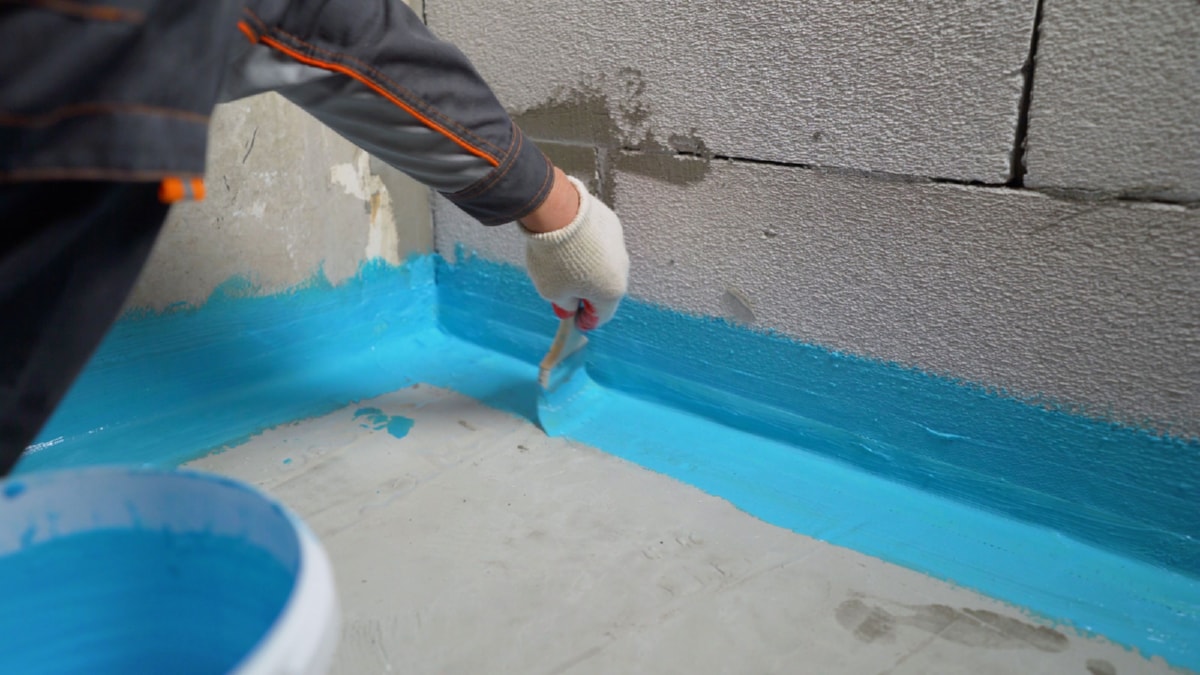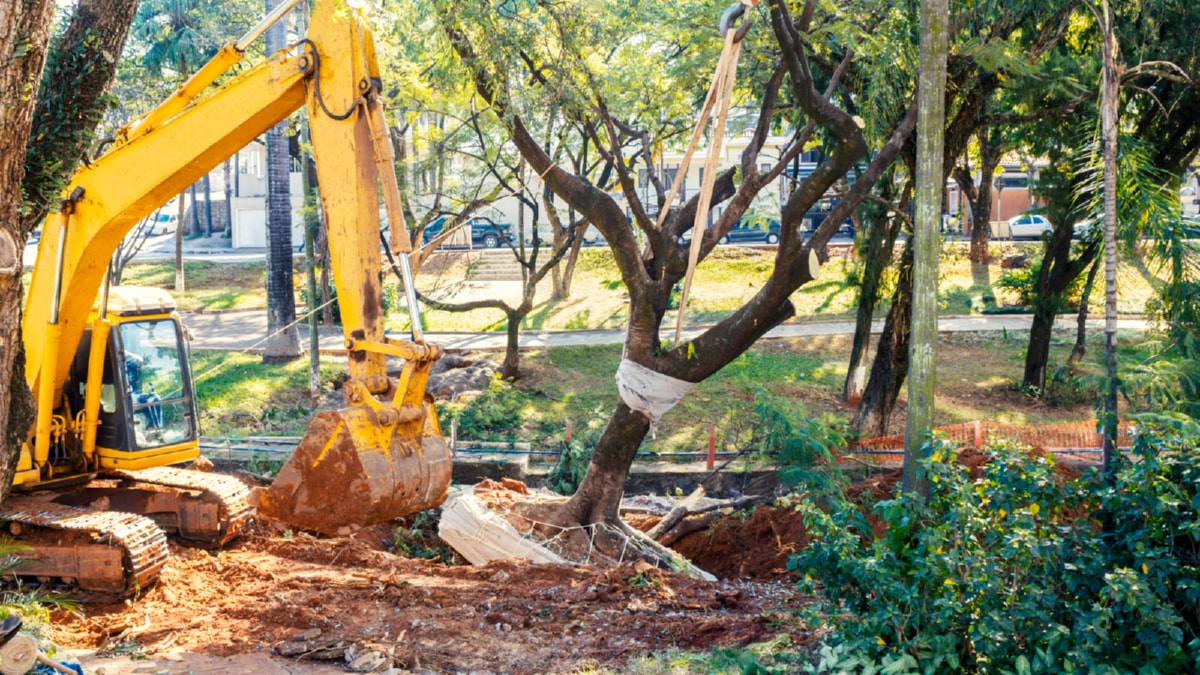Getting to Know the Fundamentals of Commercial Construction
Commercial construction is related to the building of commercial properties, such as offices, retail outlets, restaurants, and other business establishments. This type of construction requires thorough planning, a detailed design process, and a meticulous execution. It differs greatly from residential construction due to the size of the projects, the type of materials used, and the rules that need to be adhered to.
An integral aspect of commercial construction is the planning stage. This involves researching the market, understanding the needs of the client, and developing a design that meets these requirements. The planning stage also includes securing the necessary permits and ensuring that the project complies with all applicable building codes and regulations.
Another crucial element in commercial construction is the design process. This includes architectural design, interior design, and landscape design. The significance of a well-thought-out design cannot be overstated, as it can influence the functionality, sustainability, and aesthetic appeal of the building.
Finally, the execution stage of commercial construction is where the plans and designs are brought to life. This involves a team of skilled professionals, including architects, engineers, and construction workers, who work together to construct the building according to the approved plans.
Innovations Transforming the Construction Industry
The construction industry is continually evolving, and new technologies are arising that are transforming the way buildings are constructed. One such innovation is Building Information Modelling (BIM), a digital representation of physical and functional characteristics of a facility. It assists in enhancing the planning, design, and construction of buildings.
Another significant innovation is the use of drones in construction. Drones can be used for inspecting construction sites, taking aerial photographs, and monitoring the progress of construction projects.
Moreover, 3D printing is gaining popularity in the construction industry. It allows for rapid and effective construction of complex architectural designs, and can substantially cut down construction times and costs.
These innovations are not only improving the efficiency of construction, but they are also contributing to sustainability. By utilizing these technologies, construction companies can reduce waste, enhance energy efficiency, and construct more sustainable buildings.
For more details, check best Resin Bond Service Dublin or visit their Resin Driveways business listing here.




